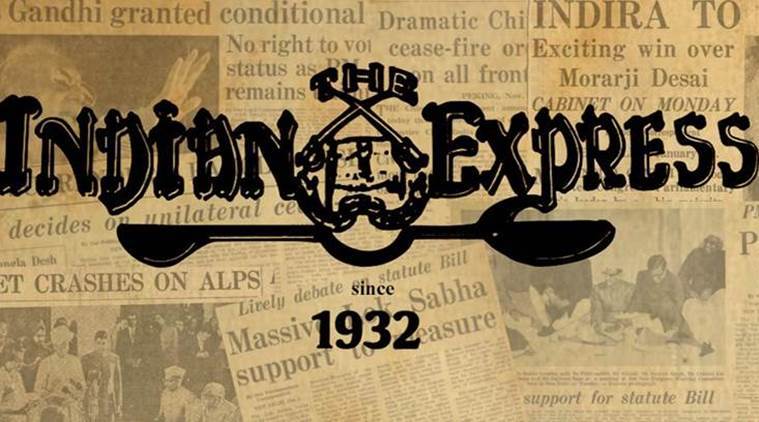Man to man
Law on adultery, as it exists, is a bundle of patriarchal logic. It needs to be urgently changed.

The law on adultery, as it exists, is a patronising bundle of patriarchal logic.
At long last, as its stance on decriminalisation of homosexuality suggests, the Indian government has decided to walk out of the bedroom of its citizens — where it had no business being in the first place. But while it has decided not to stand against the long-overdue striking down of Section 377 of the Indian Penal Code, it has lent its weight to another law that does not need defending. Adultery should remain a crime, the Centre has told the Supreme Court, arguing that the “sanctity of marriage and the fabric of society at large” might be hampered otherwise. A constitution bench of the SC had invited the government’s view as it heard a petition that challenges the constitutionality of Section 497.
The law on adultery, as it exists, is a patronising bundle of patriarchal logic. Only a married man is allowed to invoke Section 497 against another man if the latter has had a sexual relationship with his wife. If a woman has a similar grievance against her husband, she cannot approach the courts. Further, only a married man’s sexual relations with a married woman is deemed adultery — and not if he chooses to have an affair with a widow or a sex worker. Underpinning these laws is the idea that adultery is a disputed transaction between two men: One who has ownership rights over a woman via marriage, and the other who violates it. In December last year, a petition filed with the SC disputed Section 497 on the grounds that it discriminated against men and violated Articles 14, 15 and 21 of the Constitution. The petitioners argued that the punishment for adultery should not solely be borne by men, as is the case now, but shared by women.
Demanding equitable punishment, however, is as wrong-headed as the government’s insistence that the fear of law can “support, safeguard and protect the institution of marriage”. It is an argument that is spectacularly at odds with how societies, including India’s, have evolved to understand the nature of marriage and sexual relations. Human beings live and love on a broad spectrum of relationships and desires, some of which transgress social norms. But if such a relationship is consensual and non-violent, it is not the business of the state to police it. Nor should the state invoke the paranoia of the collapse of social order to criminalise a breakdown in marital relations. By its recommendation, the government has lost an opportunity to take a progressive stand.
For all the latest Opinion News, download Indian Express App






































No hay comentarios:
Publicar un comentario